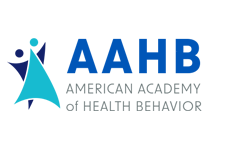Abstract
The purpose of this investigation was to assess the extent to which health literacy and social determinants of health exist together in medical school curricula, and the attitudes and beliefs of medical school educators toward the relevance of these topics taught in the curriculum. The research used a descriptive cross-sectional survey design of institutions that comprised the Accelerating Change in Medical Education (ACE) Consortium of the American Medical Association. The study population was 36 ACE institutions, but only 11 ACE institutions made up the study sample. Results also showed that five health literacy items were taught as curricula topics in medical school education with 100% (n = 10) of the respondents teaching how to use plain language skills for oral communication. Respondents rated the level at which their institution prioritized instructional methods to explicitly teach social determinants of health as a topic in the medical curriculum with three (27.3%) ranking the priority level as extremely high, seven (63.6%) ranking it as high, and one (9.1%) ranking it as low. Medical educators rated five social determinants of health influencing a person’s health status, with “economic stability” and “social and community context” having the first and second highest mean rankings, respectively. Nine (81.5%) medical educators agreed that health literacy is a social determinant of health (M = 8.73) and a predictor of health status (M = 7.82).
Author ORCID Identifier
felternj@miamioh.edu
Creative Commons License

This work is licensed under a Creative Commons Attribution-Noncommercial 4.0 License
Recommended Citation
Felter, Nicholas J. and Ubbes, Valerie A.
(2023)
"A Descriptive Study of Health Literacy and Social Determinants of Health as Curricula Topics in Medical School Education,"
Health Behavior Research:
Vol. 6:
No.
1.
https://doi.org/10.4148/2572-1836.1160




